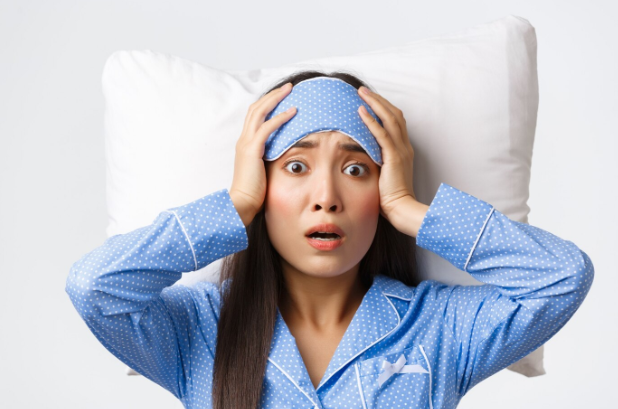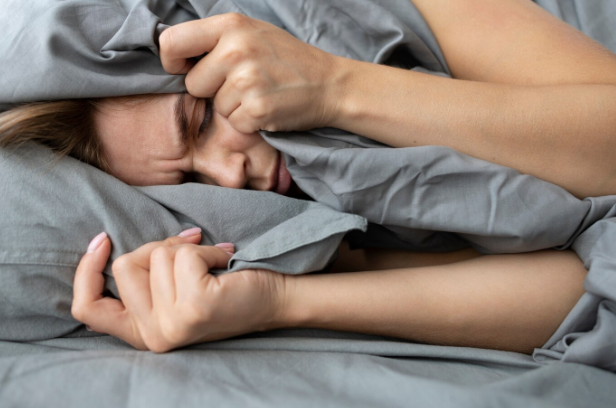
- Insomnia
- 0 Comments
In the sprawling metropolis of Los Angeles, a silent epidemic looms large over millions of residents: sleep-wake disorders. Despite the sunny beaches, glitzy entertainment, and fast-paced lifestyle, countless Angelenos battle disrupted sleep patterns that jeopardize their mental health, productivity, and overall well-being. Fortunately, institutions like Brain Health USA and dedicated Los Angeles psychiatrists are stepping […]
Read More







